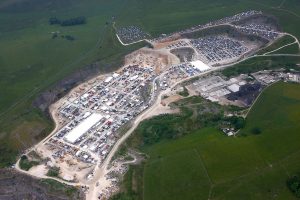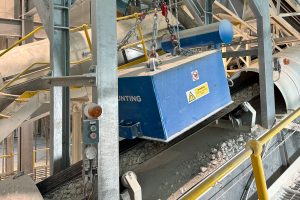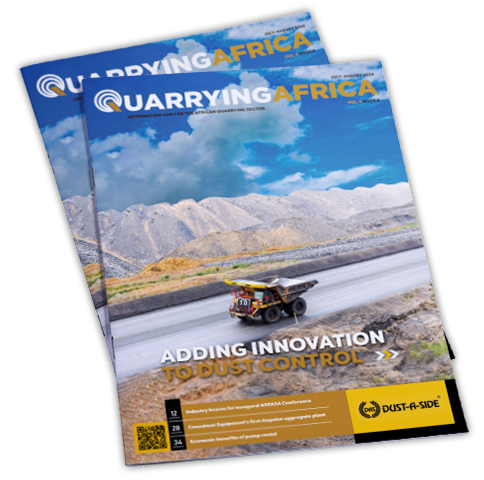Illegal sand mining in rivers around the country is taking a damaging toll on the environment, while the unprotected pits create potential drowning hazards for people and animals alike.
According to Nico Pienaar of surface mining industry association, ASPASA, the failure of law enforcement to clamp down on these legal activities has led to the proliferation of these sites across the country with increasingly sophisticated and larger scale operations taking hold.
“One of the most effective ways to fight back against this extremely damaging and dangerous practice is to hold our sand suppliers accountable and to obtain proof of purchase from a reputable and legally compliant sand producer.
“Compliant and licenced sand miners are required to comply with stringent legal requirements to protect water sources, protect the environment and surrounding communities as well as ensuring a safe workplace for all who enter the site. They are subjected to regular inspections by the Department of Mineral Resources and Energy (DMRE) and this cost of compliance can be substantial.
Along with statutory requirements such as royalties, tax and licensing fees, Pianaar says the costs can add a premium to the price of sand and give unlicensed operations a considerable advantage over their compliant competitors.
“There are however a number of catches that buyers need to be aware of that begins with the overall unsustainability of these types of operations that can be here today and gone tomorrow. Quality of the products can also not be guaranteed and while one aggregate may resemble another, it may be totally unusable depending on its composition.
“These illegal operations may also devastate local economies through unfair competition and employment practices that can put legal competitors out of business and later leave ruins when the operation closes down,” says Pienaar.
Studies, adds Pienaar, have indicated that illegal extraction of sand from rivers can alter the course of a river and lead to an altered stream structure that may erode river banks and cause damage to vegetation and arable land.
In addition, sedimentation can cause a build-up of sand that blocks channels and leads to fish and other animals not having access to clean water, causing a subsequent reduction in numbers. These and other factors provide an overwhelming argument for government to crackdown on unscrupulous operators.
By comparison, ASPASA members are required to be fully legally compliant and to have additional management structures in place to ensure compliance and sustainability of the company. They are not allowed to take part in illegal activities and are regularly audited against international standards for health, safety and environmental audits management practices, as well as regularly participating in quality audits and other technical audits that ensure they provide professional service.
“We advise buyers of sand to rather make use of our ASPASA members who are located across the country and are fully compliant with all legislation and other statutory requirements. Rather be responsible and contact ASPASA for a list of members in your area,” concludes Pienaar.





![Data from the World Risk Poll shows that one in five (21%) people in mining and quarrying occupations have experienced harm at work in the past two years. [Photo by Shane McLendon on Unsplash]](https://quarryingafrica.com/wp-content/uploads/2024/10/shane-mclendon-89hUOLtVfoI-unsplash-300x225.jpg)
